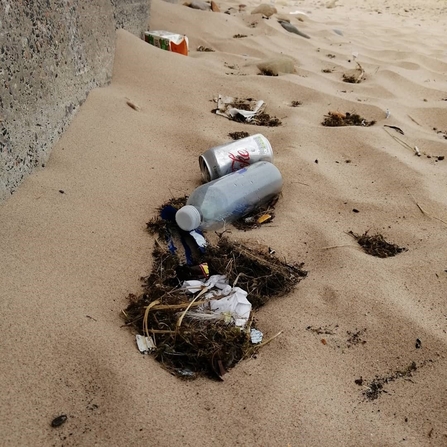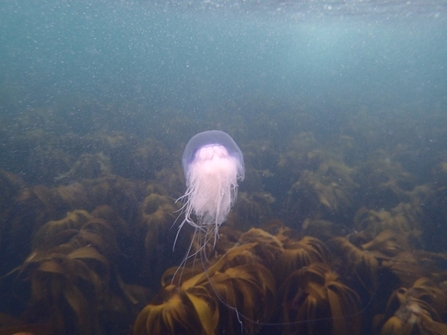I have always been drawn to the ocean. From the crashing of the waves, to the undulating jellyfish that exist below the surface. But our oceans are in danger, currently there are 5.25 trillion pieces of plastic debris in the ocean, very soon it is thought that the amount of debris will outnumber the amount of fish.
It is a sad reality that the oceans are suffering, and therefore, so is the life that thrives within it. We have all heard about the issues and dangers that plastic pollution is causing, but there are so many other battles that the ocean is fighting. Pollution, overfishing, trawling, oil spills, climate change, shark finning and so many more.
As a scuba diver, I get to play witness to a world that many people never will, and with this, I get to see the difference that is being made to the local environment. I started scuba diving just over two years ago, and ever since I started my love for the ocean has grown and so has my dedication to help it. Every dive that I do is a Project Aware Dive Against Debris, this means that I take a mesh bag underwater with me to put any litter in that I may find. I also partake in regular beach and water way clean ups, to try and tackle the issue before it reaches the ocean.
On a recent beach clean at Newbiggin with Sea Shepherd UK, 15 full black bags were filled with debris. Two of these bags were discarded fishing gear. Fishing line, rope, weights and even hooks were all found in the space of two hours. The recurring theme on every clean up though is still plastic, whether it is large items such as drinks bottles or tiny items like nurdles, all of which can be detrimental to marine life. Another clean up along the River Blyth for the Surfers Against Sewage Million Mile Beach Clean produced 9 refuse bags filled with rubbish. We even found the casing of an old television along with copious cans of alcohol, looked like somebody had a party!



